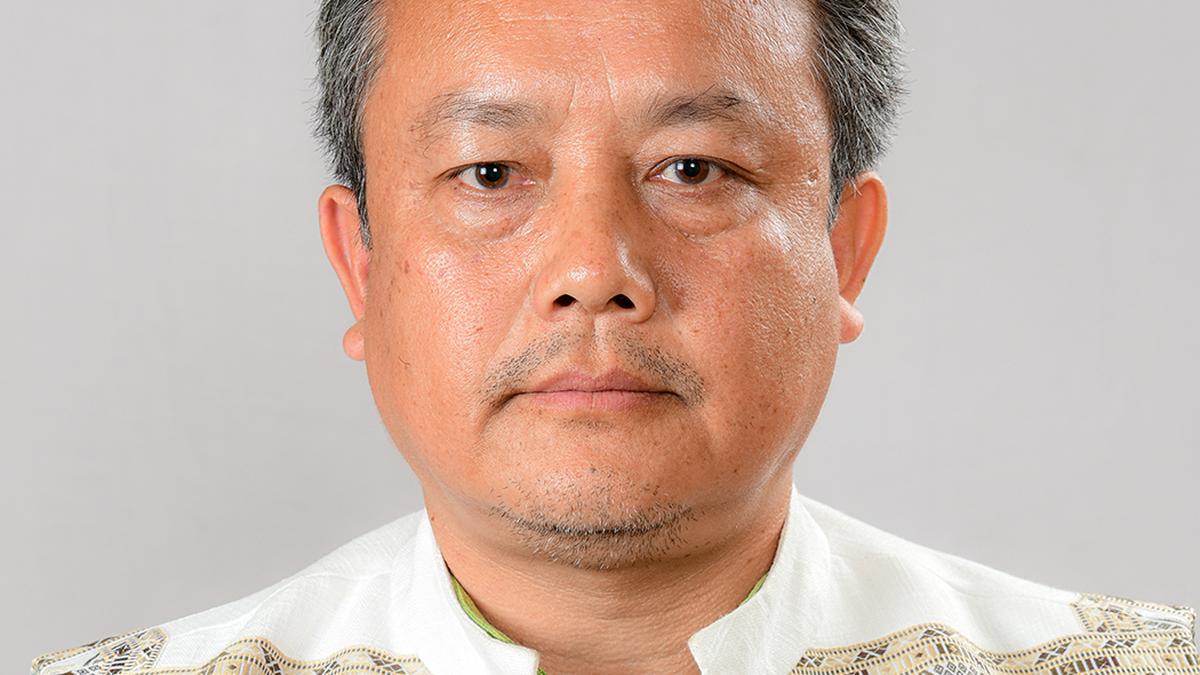Copyright staradvertiser

The Hawaii County Salary Commission will put its proposal for a four-tiered pay raise for the county’s top officials before the public. The panel on Wednesday edited a Finding of Facts document drafted by Deputy Corporation Counsel Cody Frenz, the commission’s legal counsel. After the agreed-to changes, the most important fact remained unchanged: The body is linking the proposed pay hikes to raises recently negotiated by the Hawaii Government Employees Association, the white-collar public sector union. The proposal includes a 3.5% increase on Jan. 1, a 3.79% raise on July 1, and 4% hikes on July 1, 2027, and July 1, 2028. Salary increases in fiscal year 2026 would cost taxpayers an additional $264,216 or 0.03% of the county operating budget. The County Council’s Hilo chambers, where Wednesday’s meeting took place, was mostly empty, no votes were taken and no members of the public testified about the proposed raises. One major discussion subject was the difficulty of recruiting and retaining the best employees when private sector employers offer higher salaries. Another was “pay inversion,” in which employees eligible for overtime pay earn more than department heads, especially the police and fire chiefs and deputy chiefs, who aren’t eligible for overtime. “We’ve completed arbitration with the police officers’ union,” Summer Tokihiro, the county’s human resources director, said. “That arbitration award should be issued by the end of September but would need to be approved by all legislative bodies. But you would have that information in the next couple of months. Arbitration with (Hawaii Fire Fighters Association) is pending. I don’t have a firm date scheduled yet. I believe it’s going to occur in December or January. “So that process will likely take several months, so you wouldn’t receive that information until probably at least March or April of next year. But those bargaining units are different have different structures than HGEA.” Frenz told commissioners she understands that there is only a $100 difference in base pay between the Hawaii Police Department’s police chief and the department’s three assistant chiefs, a factor in pay “The biggest difference is the assistant chiefs get overtime; the deputy chief and the chief do not,” Frenz said. “I can’t speak to Fire. I think it might possibly be different, but I might be incorrect. But if the intent was to avoid disparity, the current proposed changes would not do that. “One option would be to remove Police and Fire from your proposed action. Assuming you want to continue the course, you would remove those two departments and wait to see what those two departments’ unions actually result in for the step increases and the movements that those affected members would get. And then adjust for the fire chief, the police chief and the deputies accordingly thereafter.” Commissioner Luahiwa Namahoe, whose term ends Dec. 31, sought more information about pay inversion from Tokihiro. “We know there are some unusual circumstances with HFFA and SHOPO. But with the rest of the departments, the rest of the bargaining units, does it currently exist where we have inversions going on, where leadership is not making the same or is making less than their subordinates,” she asked. Bill 64, a current piece of county legislation that would drop the requirement that the Public Works director be a licensed engineer, came up as well. “It’s traditionally been difficult for the mayor to find qualified parties willing to take those positions given the current salaries,” Frenz said. “So there are active efforts being made to change those requirements … It begs the question, if they were to remove the engineering license requirement, what does this body think? Does that make a difference or does it not? And if it doesn’t, then proceed as according. And if it does, then do you need to see what happens there? I can’t speak to either of those things. I just know that we’re running on parallel tracks and they’re both related to each other.” Commission Chairman Steven Pavao said the legislation wouldn’t have an immediate effect, noting that, if passed, Bill 64 would propose a County Charter amendment and would be a public ballot question in the 2026 general election. Fire Chief Kazuo Todd quipped that he’s happy with his paycheck and thanked commissioners. He added, however, that he receives communications from headhunting firms seeking fire chiefs elsewhere, offering top dollar. “I bring this up, because in my pocket, I actually have a flyer for some organization out there that’s looking for a fire chief in Vancouver, and they’re offering between $170,000 and $297,000. And it’s a huge range,” he said. “The range is big enough that what you’ll end up with people with all kinds of qualifications that you really want to hire, and then, it’s about negotiating. I’m assuming the laws in our current system don’t allow for that. “But part of me says that as we move forward, in the next decade or something like that, it might be a way for us to attract top talent, but also to be competitive and make sure we don’t run into those inversion issues.” Noting the Finding of Facts document concedes private sector salaries for equivalent work might be higher, Frenz said, “The private sector will always pay more than what the county can afford for its attorneys. If you look at the County of Maui, a deputy corporation counsel with 10 years (experience) starts at $230,000.” Namahoe said she appreciates that language, “but I also appreciate that there are no analogues for things like public safety.” “If there were, they’re still boutique, or they’re other governments,” she said. “But even then, to Chief Todd’s point, they still headhunt. They still fish in this barrel. This is an amazing county, and we learned this in Lahaina. “Maui might pay more, but who did they have to turn to when they were facing chaos? They came to the County of Hawaii for their consultants — because we’ve dealt with it, not them. No offense to them.” There are two more meetings of the Salary Commission this year, on Nov. 17 and Dec. 22 at 10 a.m. in the Hilo Council Chambers both days. The public can still weigh in on the pay proposal either in person or



